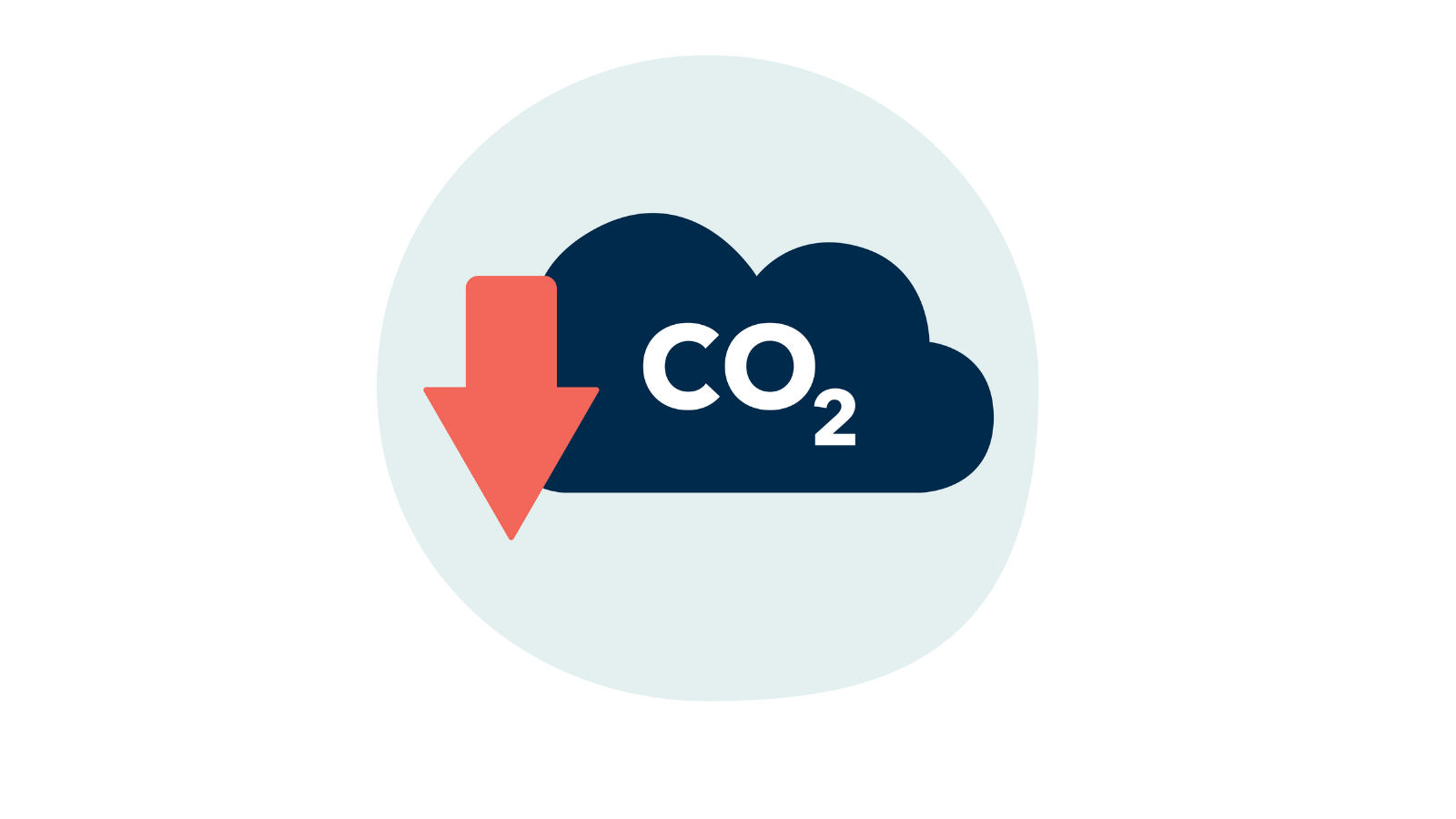Focus area
Energy Systems
The global transition to sustainable energy requires a major shift in the way we consume and produce energy.
To effectively reduce greenhouse gas (GHG) emissions, renewable energy sources such as sun, wind and hydro must be harnessed through photovoltaic solar panels, wind turbines, and hydroelectric and geothermal power plants.
This electricity must then be efficiently stored, transmitted and distributed.
Renewable electricity should be directly used for homes, transportation, and parts of the industry, whereas the use of renewable fuels like liquid, gaseous and solid fuels should be avoided wherever possible due to large energy losses and limited feedstock.
In short:
- Carbon intensive energy needs to be replaced with the direct use of renewable electricity sources wherever possible.
- Renewable solid, liquid and gaseous fuels, such as hydrogen or biofuels, should only be used in sectors where direct electrification is not possible.
- The efficient dispatch and use of renewable electricity is key to reducing emissions as quickly as possible.
Carbon-intensive energy sources are the primary contributor to climate change, accounting for around 90% of all greenhouse gas emissions. Decarbonising energy consumption is therefore a critical step in mitigating the effects of climate change. This transition requires a fundamental shift in how societies use energy, which will involve maximising the use of renewable energy sources such as sun, wind, hydro and geothermal power.
Efficient dispatch and use of renewable electricity are key to reducing emissions as quickly as possible. The increased use of electric vehicles and building electrification, combined with renewable energy generation, can help accelerate the transition to a low-carbon economy. In some industry sectors where direct electrification is not feasible, renewable fuels such as hydrogen can help reduce emissions. However, these should be used only where direct electrification is not an option, as direct use of renewable electricity is always more efficient and therefore preferable. Such renewable fuels should also come from additional renewable sources that do not hinder the decarbonisation of the power sector.
Related focus areas
Publications related to focus area
All publicationsNews related to focus area
All news
New PCI/ PMI list and its role for European decarbonisation
Today, the European Commission adopted a new Union list of energy Projects of Common Interest (PCIs) and Projects of Mutual Interest (PMIs), granting...

Press Release – EU adopts Delegated Act on low-carbon hydrogen, but new rules fall short on climate integrity
Yesterday, the European Commission adopted the long-awaited Delegated Act (DA) on low-carbon hydrogen, completing the regulatory framework alongside ...

Danish Presidency of the Council of the EU: What does it mean for climate action?
Summary Prioritising renewables, energy efficiency, and grid modernisation is essential to deliver energy independence, clean energy expans...

Open Letter: Methane emissions accounting in Low-Carbon Hydrogen Delegated Act risk undermining EU climate targets
We, the undersigned organisations, welcome the European Commission’s continued commitment to science- and evidence-based policymaking, reiterated in ...
The people involved
Explore our focus areas
Subscribe to our newsletter
Get our latest news

































